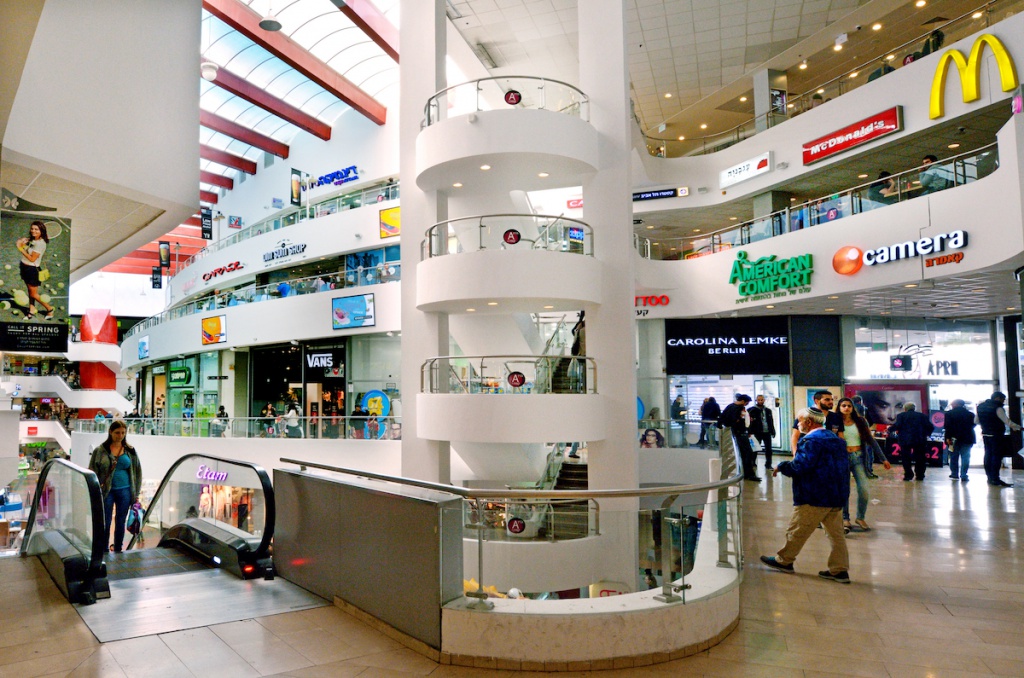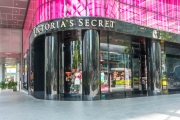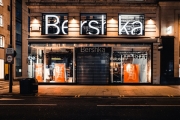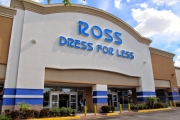A two-week experiment in which several shopping malls operated with restrictions was a success.

Shopping malls in Israel will resume operations if they prove they are ready to ensure visitors' safety. Authorities will issue "purple badges" if they decide malls are safe for visitors. To do this, you need to meet several requirements, such as ensuring regular air changes in the room - it can be done up to at least three times a day.
A prerequisite is creating special teams, recruited from within the staff, who will monitor how visitors comply with the recommendations on social distancing and wearing masks. The number of such observers depends on the mall's size - the larger it is, the larger the team should be.
While the entrance to the mall must be installed electronically to count visitors, the number of people who can be inside simultaneously is limited and depends on the room's size. And another restriction was the prohibition of food consumption in the mall itself. The food courts are open, but anything you buy must be taken with you. Shopping malls will remove all tables and chairs from food courts.
Implementing the "purple badge" system will allow almost two hundred malls in Israel to reopen. It means that nearly 200,000 workers will be able to return to their professional duties.
Earlier experiments ran in shopping 15 malls. They were allowed to operate, subject to strict adherence to the conditions described above. The experiment results were positive, after which it was decided to introduce a system of "purple badges" throughout the country.
Photo credit: depositphotos.com.
10 DECEMBER 2020, Israel

 Boohoo expands online presence with new marketplace for fashion
Boohoo expands online presence with new marketplace for fashion Victoria's Secret expands presence in Melbourne
Victoria's Secret expands presence in Melbourne Inditex's Bershka set to enter indian market with Mumbai store
Inditex's Bershka set to enter indian market with Mumbai store Ross stores expands across the U.S. with 24 new locations
Ross stores expands across the U.S. with 24 new locations Chaumet opens doors to debut boutique in Italy
Chaumet opens doors to debut boutique in Italy Birkenstock is launching first store in France
Birkenstock is launching first store in France Salomon elevates brand presence with new Paris flagships
Salomon elevates brand presence with new Paris flagships  Amiri expands presence in California
Amiri expands presence in California  Crocs expands its presence in India with Apparel Group
Crocs expands its presence in India with Apparel Group  Best Buy Canada to expand presence with 167 small-format locations
Best Buy Canada to expand presence with 167 small-format locations  Arket expands into Italy with Milan flagship
Arket expands into Italy with Milan flagship